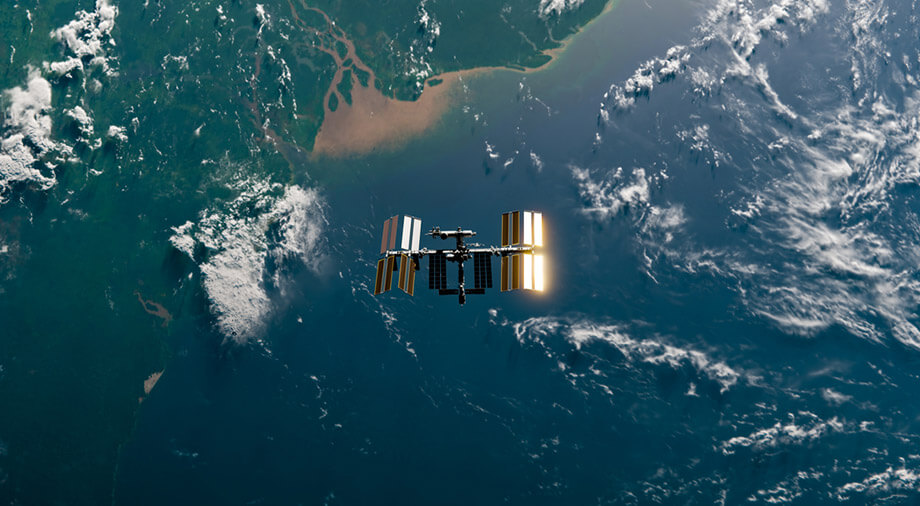The recent G7 summit announced the creation of a new international consortium of companies and government organizations focused on cybersecurity.
In 2013, Yahoo, a U.S.-based web services provider known for their search engine, e-mail, and other services, found itself at the center of an international scandal. Cybercriminals had somehow received access to three billion Yahoo accounts, containing answers to security questions for updating passwords, dates of birth and other personal data – information that can be used by bad actors to access email logs, potentially giving them intel on the victim’s personal lives and confidential data.
The consequences of the cyberattack were felt by the company a few years later. Verizon Communications, one of the world’s largest telecom companies, bought the company for $4.4 billion – they had reduced their offer by $350 million when they learned about the scope of the attack and the potential damages.
The attack on Yahoo became one of the largest cyberattacks in history. In 2020, 5.6 billion attacks were carried out on companies with the help of ransomware, software that forcibly encrypts data until a ‘ransom’ is paid.
These ransoms can be immense. One example is the attack on Colonial Pipeline, the largest pipeline for refined oil products in the United States, stretching from Texas all the way up the East Coast – it provides up to 45% of the region’s gas per day. A $5 million ransom was demanded for the attack.
In 2020, the global average cost of a data breach amounted to $3.86 million, a 1.5% decline from the $3.92 million on average data breach costs in the previous year. The all-time high was in 2016 – at that time, the average cost of a breach amounted to $4 million.
The fight against cybercrime cost the world $1 trillion last year.
In order to make companies and communication networks less vulnerable to attacks, the Group of 7 countries, at their annual summit, agreed to create a federated quantum system.
What happened during the summit
The G7 countries – the U.S.A., the U.K., Germany, France, Italy, Canada, and Japan – meet each year to discuss the biggest problems facing the world today, problems that include cybercrime, which have affected both government bodies and private companies alike.
For example, a few months before the summit, hackers managed to steal data relating to COVID-19 vaccines. During the summit itself, headlines around the world were concerned with the Colonial Pipeline attack. The attack itself forced the Pipeline to cease operations for an entire five days, raising gas prices by 6 cents – the highest level since 2014.
To lower the number of similar attacks, the G7 countries announced that they would be creating a federated quantum system known as FQS, which will include both governments and commercial partners. British telecom giant BT, aerospace firm Northrop Grumman, Italian tech group Leonard, and Austrian quantum technology startup Quantum Technology Laboratories are among the firms involved in this new project.
What makes FQS unique
A federated quantum system differs from other popular encryption methods in a few key ways: it’s based on the QuantumCloud technology, which protects network devices from hacking attempts launched from both traditional and quantum computers.
How does it work? The technology creates an “unbreakable” encryption key, which is then used by a satellite to send quantum data to a data processing center.
These keys are delivered using a new proprietary protocol called ARQ19.
Arqit, the company developing this technology, says that quantum computing technology for symmetrical encryption is much safer than systems based on public-key cryptography.
What’s next
Arqit plans to release the first version of its software in July of this year, and the system is scheduled to begin operation in the next two years. It’s expected that other countries will join the federated quantum system over the course of 2021.
The first FQS satellites will be tested at the National Test Center in Harwell, near Oxford, and are due to launch in 2023, with the project’s cost estimated at more than $70 million.
Once the system is operational, its users will be able to securely send messages between one another: FQS will be closed in a way that will facilitate cooperation between participating countries.






